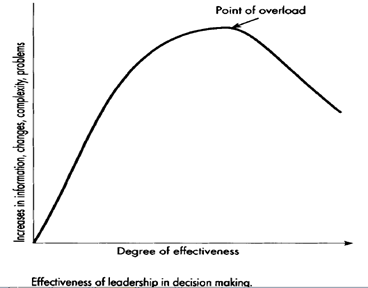Leading The Leaders: The Role Of The Boardroom
Introduction:
Leaders can only flourish and achieve success if they are supported by other leaders both as subordinates and bosses. The strength of leadership in an organisation however will be indicated by the strength and commitment of its chairman/board of directors. It is difficult to describe exactly what is expected of the board in terms of leadership.
Planning role of the board:
It is difficult to describe exactly what is expected of the board in terms of leadership. Some suggest that the planning role of the board needs to include the following:
- The definition of corporate objectives and strategy;
- Establishing how planning is to be done;
- Examining and questioning subsidiary company plans;
- Forming an overall corporate plan;
- Communicating decisions;
- Motivating management to perform;
- Monitoring performance and acting where there is failure to achieve objectives.
Others have suggested that the primary role of a boardroom leader has to include the following:
- Strong basic convictions;
- Clear strategic vision;
- Intellectual capacity;
- Management experience;
- Political skills.
Effectiveness of leadership in decision making: 
- A leader essentially is an instigator of change, catering for tomorrow’s requirements.
- This is why leadership has to be a distributed role otherwise effectiveness cannot be maintained if there is a point of overloading leaders with work, problems and information.
The boards of directors cannot work out a company’s strategy, but it is the duty of the board to make sure that a company has adequate strategies.
Roles of leadership:
Leadership has two complementary roles:
- Corporate governance and direction: The function of the chairman and the board;
- Strategy development and implementation: The function of the chief executive and the management team.
It is the degree of effectiveness between the two roles which is going to determine how successful organisations can achieve the transformation required for the implementation of TQM.
- Whilst it is easy to focus on one aspect of leadership, this may not be enough to carry out all the changes necessary for instigating 'a corporate culture' change so essential for modern competitiveness and for making TQM the means by which future competitiveness has to be driven.